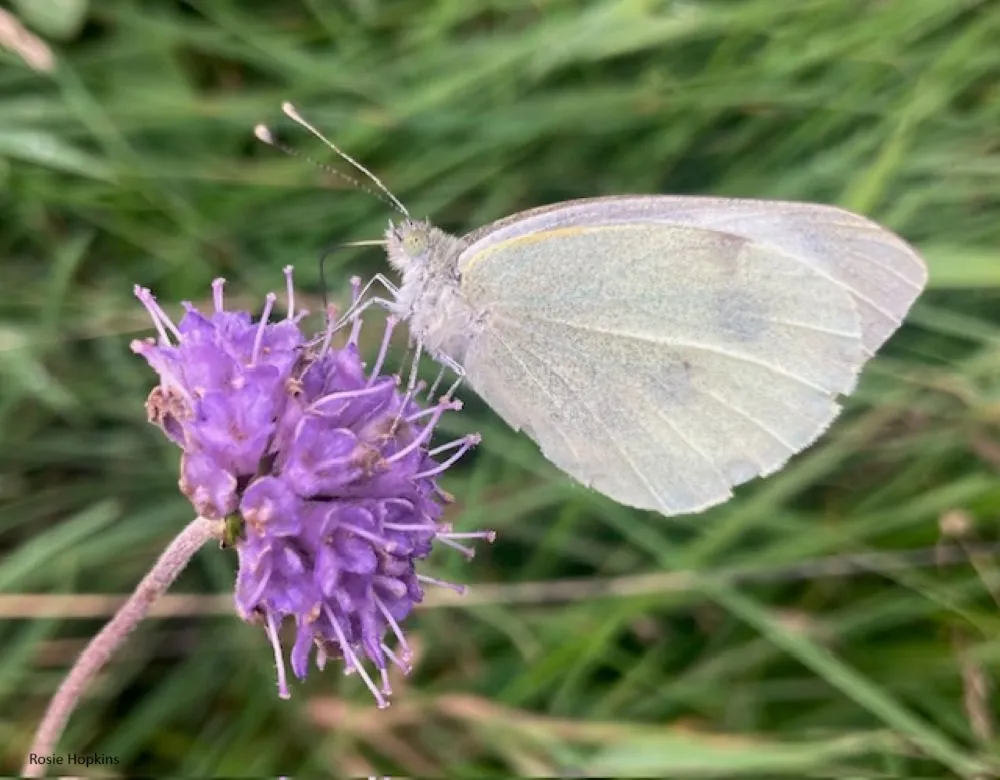By theorkneynews
Copyright theorkneynews

“We may feel like we’ve seen lots of butterflies this summer, but that’s only because last year was so awful. ” – Dr Richard Fox, Head of Science at Butterfly Conservation
The results of Butterfly Conservation’s Big Butterfly Count 2025 show that the decline in butterfly numbers continues.
Between July 18 and August 10, over 125,000 citizen scientists got involved in the Big Butterfly Count – more than ever before – and recorded 1.7 million butterflies and moths, with the top five species being Large White, Small White, Gatekeeper, Red Admiral and Meadow Brown.
On average, participants recorded 10.3 butterflies during each 15-minute count. While a marked improvement on last summer’s record low of just 7.2, it is only broadly average by modern standards, and has done little to reverse longer-term declines.
Dr Richard Fox said:
“Last summer’s results were the lowest we’ve seen and a stark warning that many of our common butterfly species are facing significant pressure from challenges linked to habitat loss, climate change and pesticide use.
“Whilst we’ve seen noticeably more butterflies during 2025’s Big Butterfly Count, the figures suggest it’s actually been a pretty average year for them by modern standards.
“The 15-year Big Butterfly Count trends show that more than twice as many widespread species have declined significantly than have increased. And, while most species had a better than average summer, one-third of species fared poorly even in the generally beneficial weather.
“There remains a need for us to take urgent action to support our butterfly populations, including by improving the environment in which they live, restoring habitats and reducing pesticide use. Until we do these things we are unlikely to see a great recovery in butterfly numbers, regardless of how much the sun shines.
“We’ve reached a critical moment. The time to take action for UK butterflies is now. We know the weather impacts their numbers and with the summer we’ve just had we should be seeing them in far greater numbers. Even when the weather is good, the environment is only able to support far fewer butterflies than it used to.
“We must now do more to improve the habitat that our butterflies live in. This is why Butterfly Conservation is calling for an end to the unlicensed use of butterfly-killing synthetic pesticides, and asking retailers to take them off the shelves. We are in a nature crisis. We should be providing people with the tools to help and not the means of destruction.”



